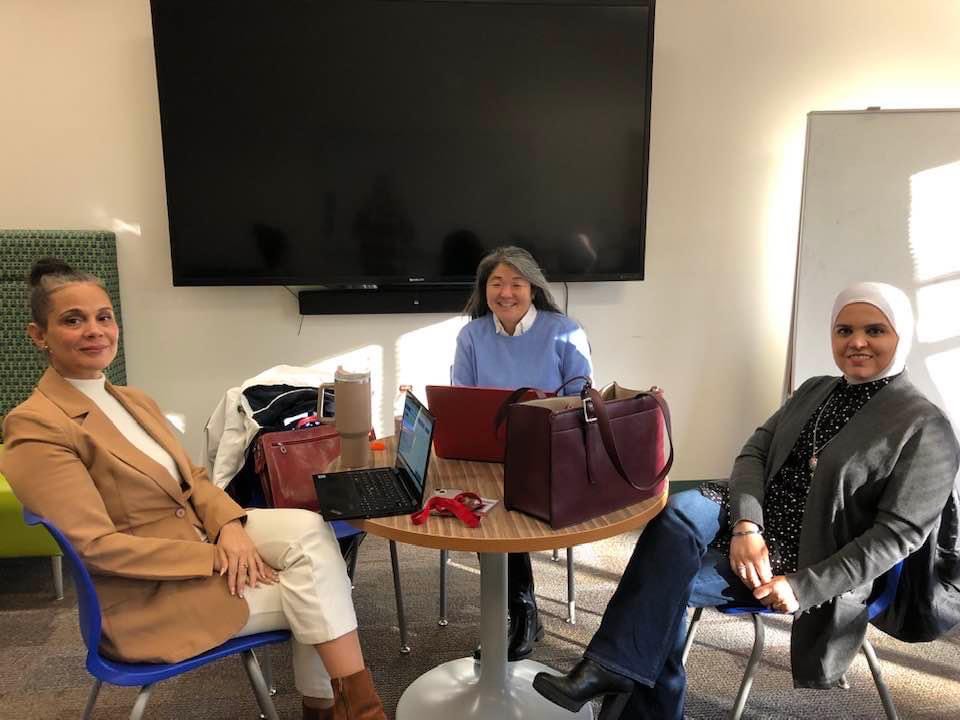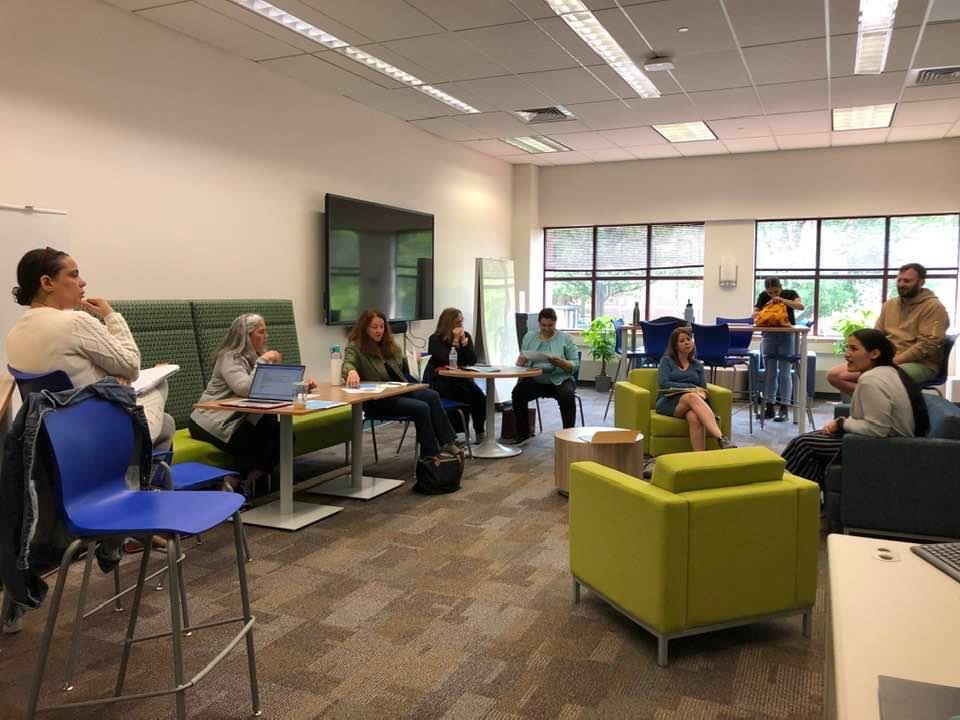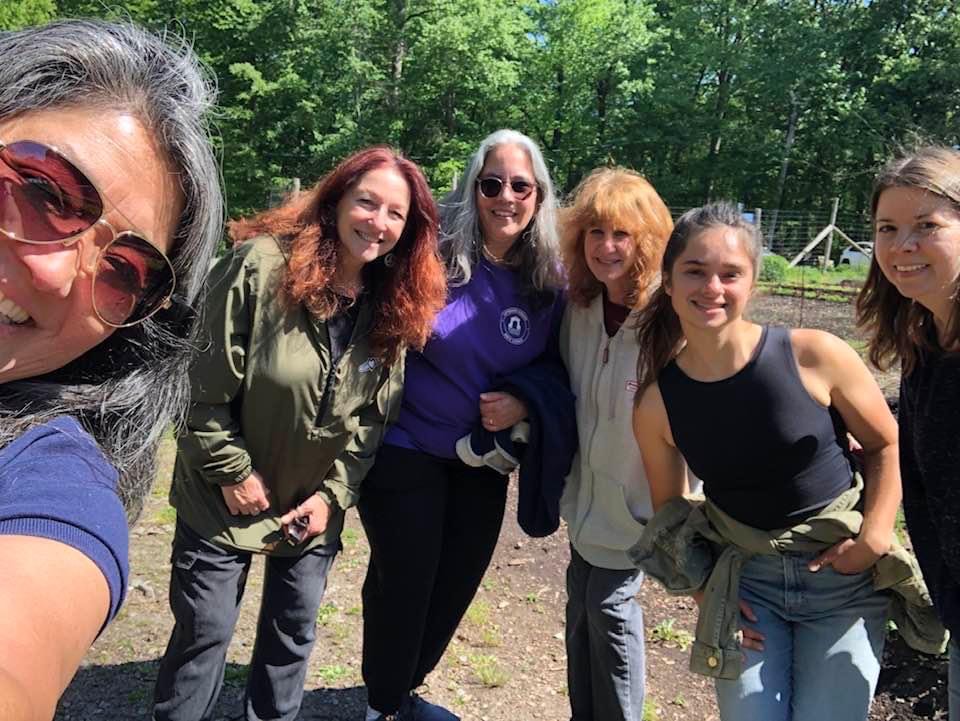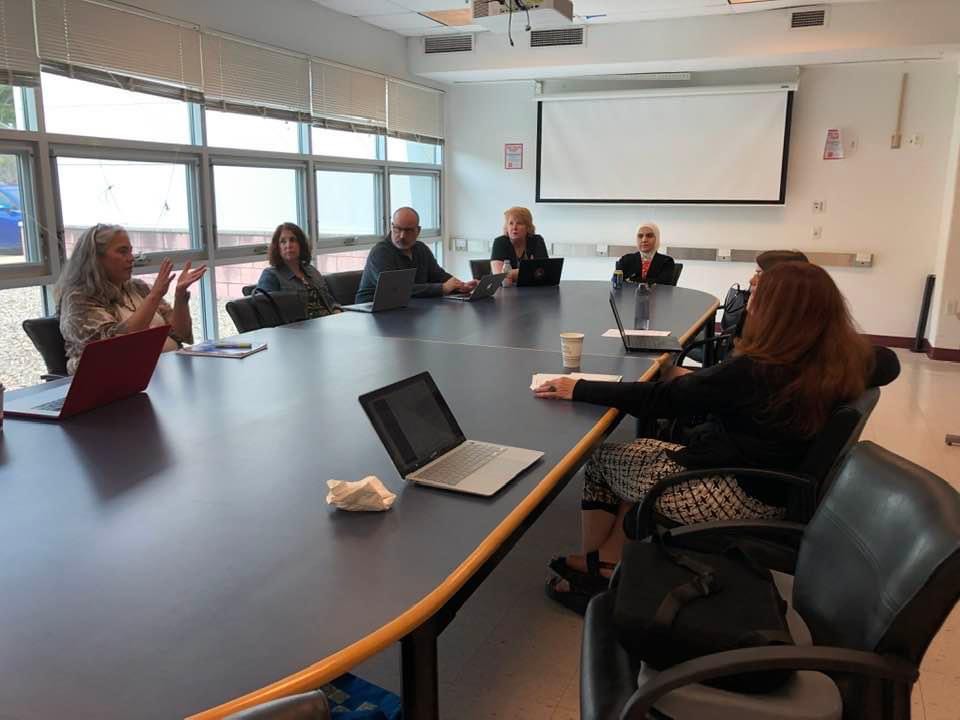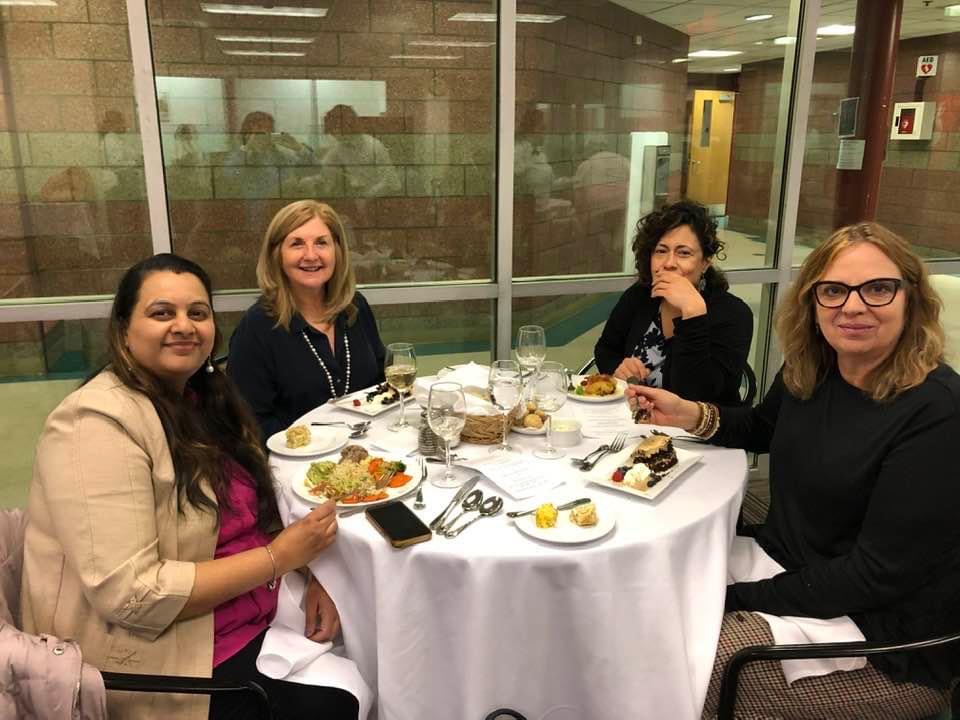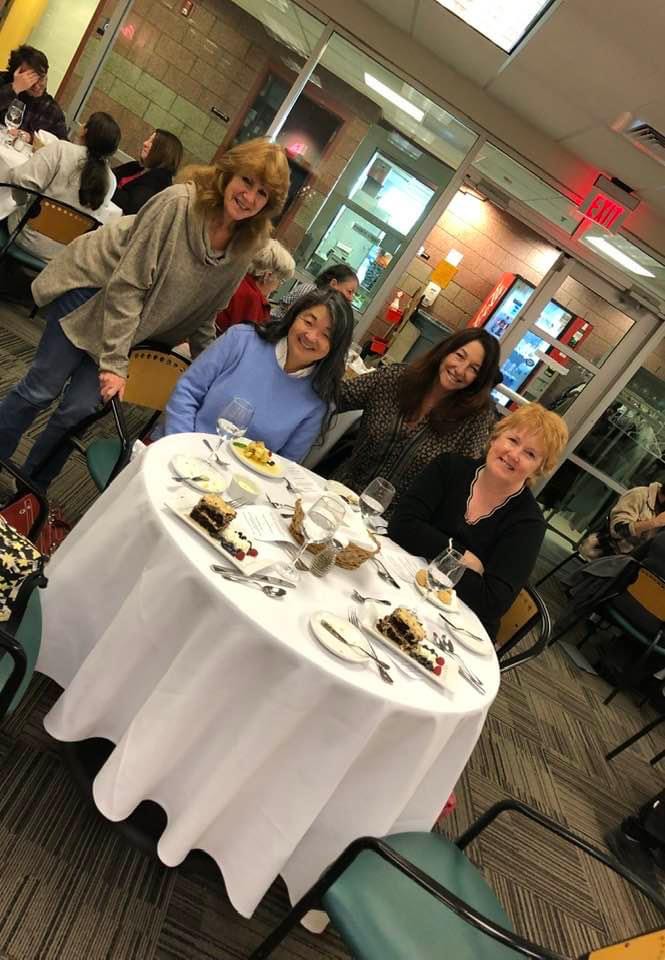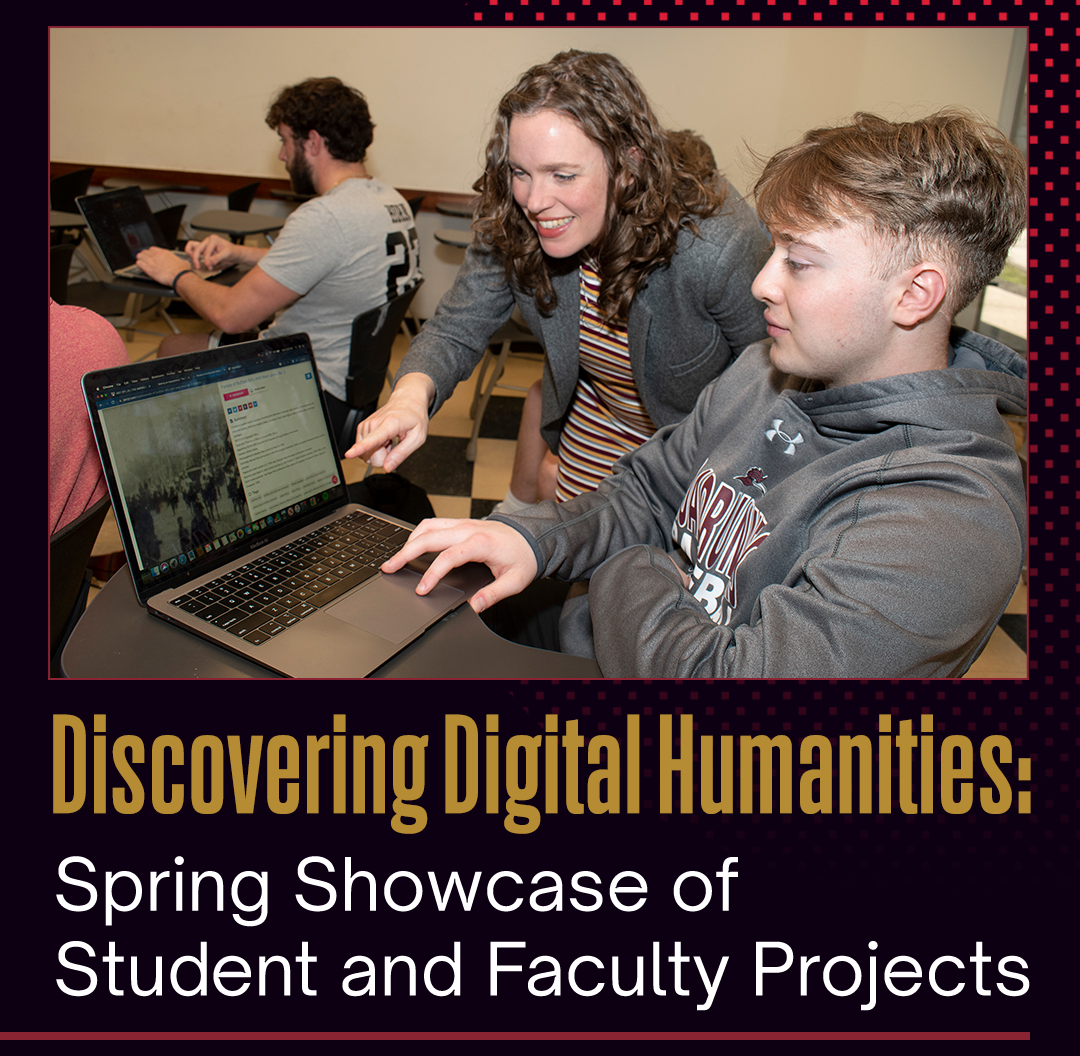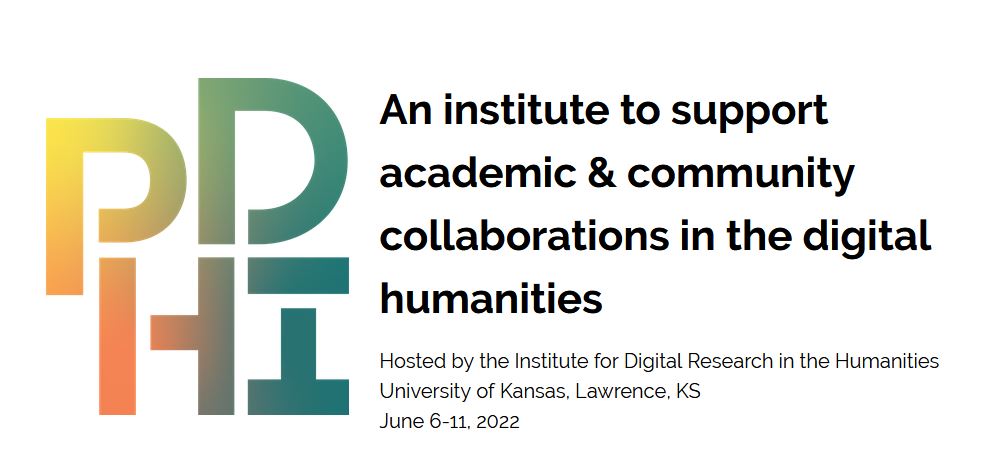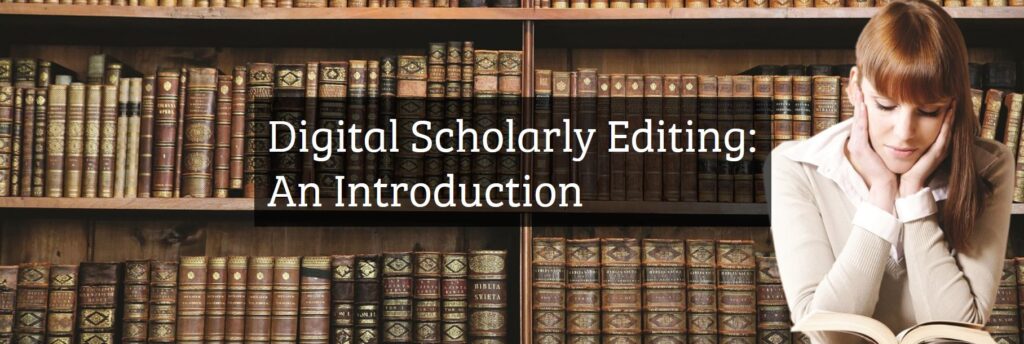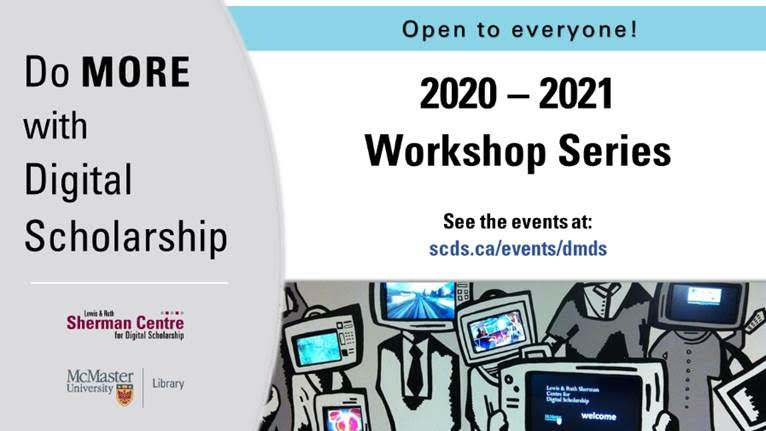Passaic County Community College and Ramapo College will hold an Experiential Learning and Digital Humanities Conference, January 26, 2024, from 10am-5pm @Pavillion 1, Ramapo College
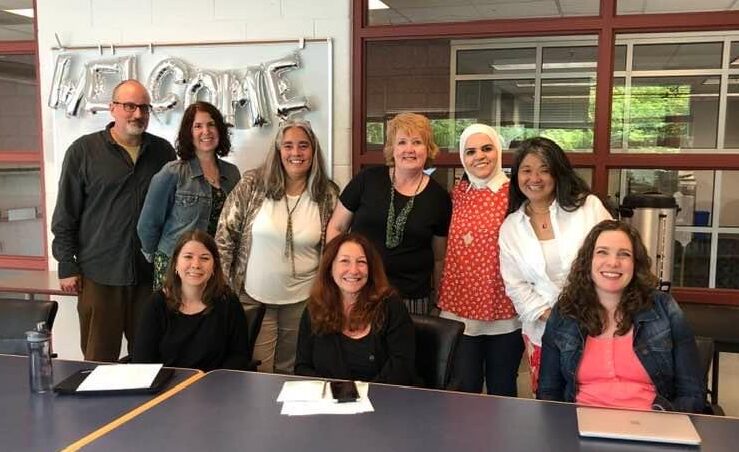
Professors from Passaic County Community College and Ramapo College presented class projects they carried out in the Fall 2023 semester in a one day conference.
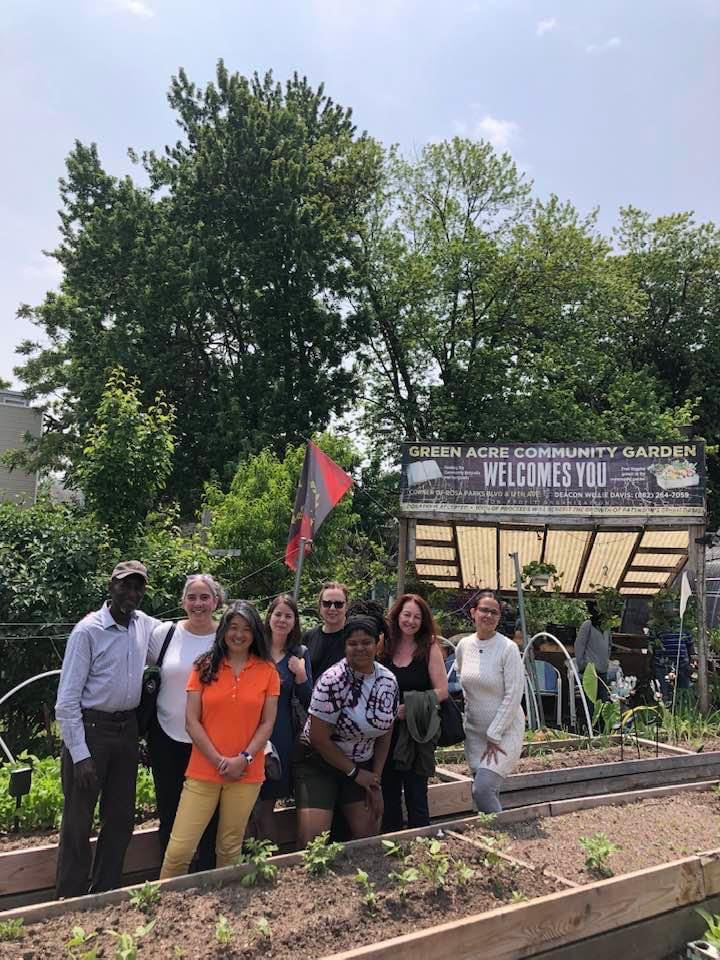
These professors worked over two semesters as members of Experiential Learning Community of Practice and/or Digital Humanities Community of Practice sponsored by PROSPER Grant to develop and implement hands-on engagement aspects in their class projects. These Communities of Practice also encouraged collaboration among their members, creating multi- disciplinary, multi-campus, and multi-layered class projects, which have been a great success in engaging students and local communities. Professors will present details of their class projects, some with their students, and further discuss their future projects that can be open for new collaboration. For questions, contact Neriko Doerr (ndoerr@ramapo.edu).
Presentation Schedule
- 10:00am-10:30am: Opening Remarks, Neriko Doerr—Ramapo College
- 10:30am-11am: The Many Faces of “My”crobes! Role of Bacteria in Health and Disease (Kokila Kota—Ramapo College)
- 11am-11:30am: Finding Ramapo Places (Roark Atkinson—Ramapo College)
- 11:30am-12pm: World Sustainability Projects and Reflections (Karin LaGreca—Ramapo College)
- 12pm-12:30pm: Group Work CAN be Enjoyable: Collaborative Experiential Learning in Organizational Analysis (Rikki Abzug—Ramapo College)
- 12:30pm-1pm: Crafting Your Path with The Comprehensive Business Plan (Khloud Kourani—PCCC)
- 1pm-1:30pm: Working with Indigenous Peoples: Civic Engagement through Experiential Learning in an Anthropology Class (Neriko Doerr—Ramapo College)
- 1:30pm-3pm Lunch
- 3pm-3:30pm: Educating Community Organizers: Service-Learning and Scholar-Activist Pedagogy (Lena Delgado de Torres—PCCC)
- 3:30pm-4pm: Best Practices and Pedagogy in Digital Sociology (Lena Delgado de Torres—PCCC)
- 4pm-4:30pm: Using Omeka Classic with Digital Humanities Assignments, (Cathy Moran Hajo—Ramapo College)
- 4:30pm-5pm: Creating Digital Exhibits in Omeka using the American History Textbook Project (Christina Connor—Ramapo College)

